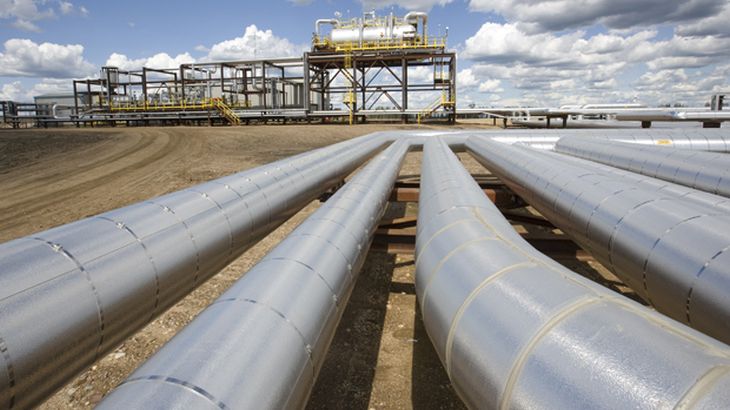Deloitte has updated, at the request of Oil and Gas Employers’ Federation, the comparative study of royalties and similar taxes applied in Europe to upstream activities (crude oil and natural gas exploration and production) to include legislative and market developments during 2014. Similar to the first edition of the study, which compiled figures for 2013, Deloitte calculated the effective level of royalties and similar taxes based on publicly available data, expressing them as a percentage of company revenues in the upstream sector (as common denominator).
The effective tax rate of upstream activity in Europe fell from 12.2% at the end of 2013 to 11.7% at the end of 2014, a trend explained by the decrease in the tax base following the decrease of crude oil prices, but also by legislative measures adopted in some European countries to reduce the tax burden on companies in the field, to encourage investment.
In the first half of 2015 average Brent crude oil quotations fell to $ 57.84/bbl compared to $ 98.85/bbl average in 2014 and $ 108.66 / barrel average in 2013. In Romania, the effective tax rate on upstream activity increased from 13.9% to 15% at the end of 2014, and 15.7% at 30 June 2015. This evolution is mainly explained by continued application of the 60% tax on additional income from gas price liberalization.
To calculate the average rate for upstream in Romania, in addition to royalties, the tax on special constructions, the tax on crude oil from domestic production, the tax on additional revenues as a result of natural gas prices deregulation and tax on exploitation of natural resources other than natural gas, were considered.
Three European countries have adopted legislative measures to reduce the tax burden on companies in the upstream industry in the context of falling oil prices, in the analyzed period.
In the United Kingdom, several measures have been taken, such as reducing the petroleum revenue tax and the corporate surcharge while increasing deductions. The effective tax rate decreased from 11.3% of revenue, to 6% in 2014.
In Italy, the average royalties and similar taxes decreased from 14.4% (2013) to 11.7% (2014). Italy imposed a surcharge on corporate profits from oil, gas and energy. The nominal corporate tax surcharge was reduced from 10.5% (2013) to 6.5% (2014).
In Hungary, the average observable royalties and similar taxes decreased from 25.3% (2013) to 22.9% (2014) due to the decrease by 6% of royalty rates on oil and gas in Q4 2014 which is applied to most fields. The study also shows correlation of actual productivity with effective taxation burden. Thus, in countries with low productivity, the level of royalties and similar taxes are lower than in countries with high productivity.
With a production of less than 40 boe/well/day, Romania ranks among countries with low well productivity, along with countries such as Poland, France, Bulgaria, Lithuania and Turkey. The average effective tax rate for these countries is special 7.5% vs. 15.7% in Romania.
